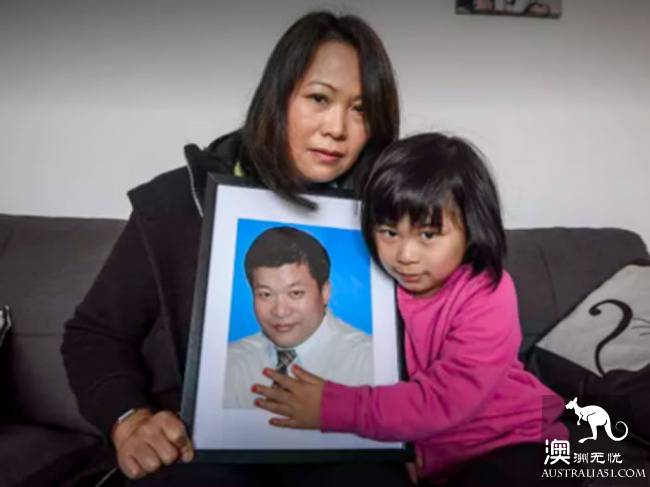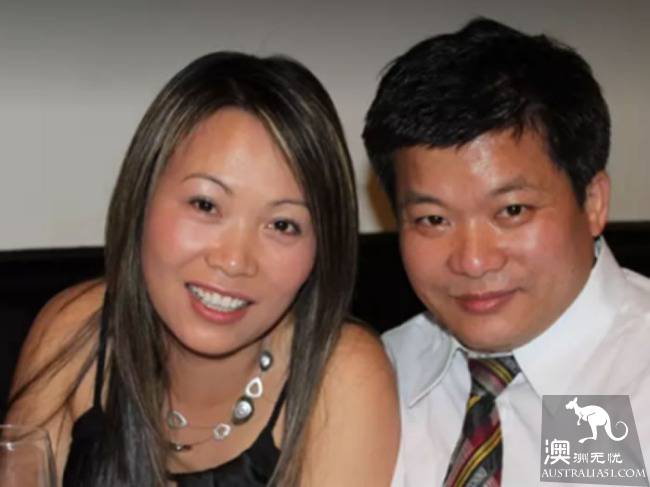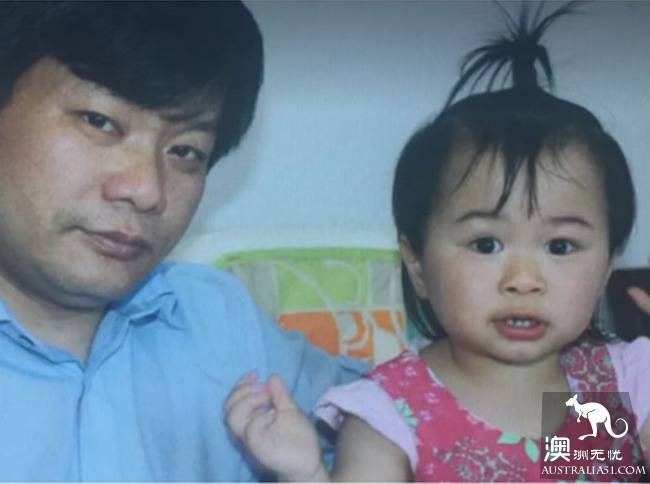On Nov. 21, 2016, when Melbourne was hit by a thunderstorm and torrential rain mixed with pollen, causing storm asthma, Chinese man Liu Sen (transliterated, Sam Lau) had an asthma attack during which his wife made an emergency call of 000, But no one came.
Mr. Liu's breathing became more and more urgent. She called again, but this time no one answered.
The father of the four children was one of ten people killed by thunderstorms that day.
At a coroner's hearing on Friday, his wife, Elsa Voong), questioned why the dispatcher at the time had been flooded with calls for help without telling her to drive her husband to the hospital.

She said it took about 30 minutes for the first ambulance to arrive, but that hospital Northern Hospital was only 15 minutes away from their home in Mernda, leaving her wondering whether he would have survived if she could get her husband to the hospital earlier.
"if he dies in the car, I can take it. But now I can't, "she said." "every day I thought, I didn't do enough that night, and I didn't help him."
Mr. Liu, aged 49, came from China and moved to New Zealand when he was young. He arrived in Australia a year before his death. He was a Uber driver and a trained pilot.

When he had difficulty breathing at home, his neighbors saved him, but eight days later he died at Austin Hospital in (Austin Hospital).
Ms. Wang said her husband's death cast a shadow on her family. Now, her job is to take care of two young children, a 4-year-old daughter and a 12-year-old son.
"my son doesn't want to talk about it," she said. "when he slept with me, I tried to help him be brave and push him a little bit, just because I was afraid that I would suddenly be like my husband, and even if I slept, I had to turn on the lights."
The investigation, which is likely to take place in June, will look into the authorities' ability to predict the phenomenon, as well as the preparedness of public hospitals and state ambulances to deal with similar incidents.
Ms. Wang said she had received a confidential document indicating that the dispatcher at the time did not consider her call a "first priority."
Her husband started asthma around 06:30, and the operator of the first call assured her that the ambulance was on its way.

She said, "I don't want to hang up, I want to keep talking, but she hung up on me. Then my husband became more and more difficult to breathe, and then I called again and no one answered until it was disconnected. "
It was hot in November, just after 5 p. M., when a storm struck Melbourne, followed by a mass of pollen flying, tiny particles suddenly forming in the damp air, and paramedics caught off guard by surprise.
At one point, ambulance services were called every 4 minutes and 5 seconds on average, and more than 40% of emergencies had to wait more than 15 minutes.
Many families who have lost their loved ones say they have to wait a long time for emergency workers.